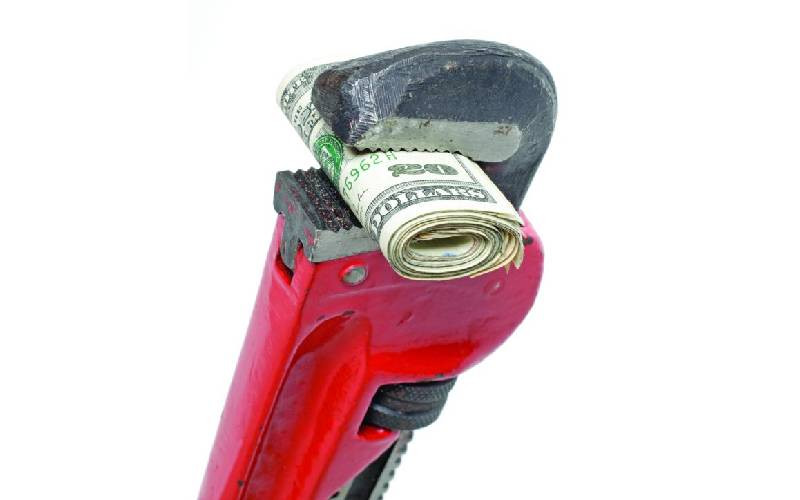×
The Standard e-Paper
Smart Minds Choose Us

Since 2021, the Kenya shilling has fallen against the US Dollar (USD).
The steep decline has elicited panic and the Central Bank of Kenya (CBK) has in a sense lost influence over the exchange rate. I don't think we are in panic territory yet, and the situation appears manageable, but there is no easy path forward.